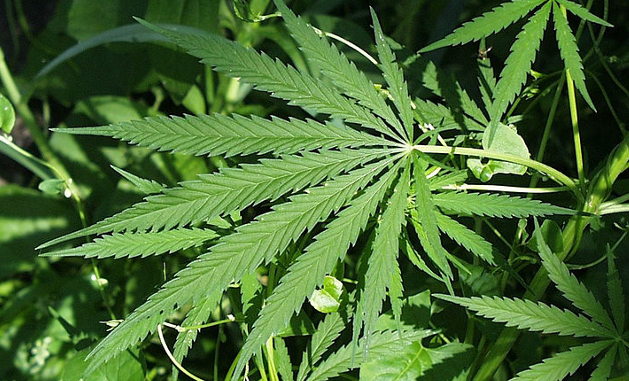In November, South Dakota became the first state to vote on recreational and medical marijuana at the same election. Voters approved Initiated Measure 26 by a vote of 70% to 30% and Constitutional Amendment A by a vote of 54% to 46%.
IM 26 was designed to establish a medical marijuana program in South Dakota for individuals who have a debilitating medical condition as certified by a physician. The initiative was set to take effect on July 1, 2021, with deadlines for certain implementation steps to take place in the fall. The state House is considering a bill to change the effective date from July 1, 2021, to January 1, 2022, and to delay the deadlines for certain provisions from Fall 2021 (under IM 26) to Spring 2022. The delays are supported by Governor Kristi Noem, who announced plans for delaying implementation of the program by one year. Sponsors of IM 26 proposed an alternative implementation schedule to shorten the delays.
Under the IM 26, patients will be allowed to possess a maximum of three ounces of marijuana. Limits on the cannabis products a person may possess would be set by the Department of Health. According to the measure, patients registered to cultivate marijuana at home could grow three plants at minimum, or another amount as prescribed by a physician.
Constitutional Amendment A was designed to legalize the recreational use of marijuana and require the South Dakota State Legislature to pass laws providing for the use of medical marijuana and the sale of hemp by April 1, 2022. Amendment A was ruled unconstitutional by the Hughes County Circuit Court. Sponsors appealed to the state supreme court.
On February 10, South Dakota Governor Kristi Noem (R) announced a plan to delay the implementation of the state’s medical marijuana program until July 1, 2022, a year later than the dates set forth under the IM 26. Noem said, “We are working diligently to get IM 26 implemented safely and correctly. The feasibility of getting this program up and running well will take additional time.”
House Bill 1100 was introduced in the South Dakota House of Representatives on January 27, 2021, and was passed by the state affairs committee on February 17, 2021. The bill would amend IM 26 to change the effective dates from 2021 to 2022. The bill stated that “Due to the pending litigation [surrounding Constitutional Amendment A], the Department of Health’s continued efforts against COVID-19, and the complexity of marijuana’s status under federal law, the State needs more time to establish a medical marijuana program with integrity and prudency than its current effective date of July 1, 2021.”
On February 22, 2021, New Approach South Dakota and South Dakotans for Better Marijuana Laws announced their proposal for an alternative implementation schedule in response to House Bill 1100. Matthew Schweich, director of South Dakotans for Better Marijuana Laws said, “A delay to implementation is partly justified due to the Department of Health’s important role in managing South Dakota’s pandemic response. That is one of the reasons why we are proposing this compromise. However, the primary motivation is the prospect of enactment of HB 1100A, which defies the will of the people, harshly re-criminalizes medical marijuana patients, and provides a vehicle for repealing and replacing the law.”
The proposed compromise legislation would extend the deadlines for certain parts of the medical marijuana program’s implementation to January 2022 in order to give the state more time to implement the measure. The proposed compromise bill would require legal protections for potential medical marijuana patients prior to registry ID cards being issued to take effect on July 1, 2021 (the date set forth under IM 26). HB 1100 initially proposed enacting the legal protections for potential medical marijuana patients starting on July 1, 2022, but it was amended to move that date up to January 1, 2022.
South Dakota is one of eleven states (out of 21 with a process for initiated state statutes) with no restrictions on how soon or with what majority state legislators can repeal or amend initiated statutes.
As of November 2020, 35 states and Washington, D.C., had passed laws legalizing or decriminalizing medical marijuana. Additionally, 15 states had legalized the use of cannabis oil, or cannabidiol (CBD)—one of the non-psychoactive ingredients found in marijuana—for medical purposes.
Fifteen states and the District of Columbia have legalized marijuana for recreational purposes: 12 states and D.C. through ballot initiatives, one state through a legislatively referred ballot measure, and two through bills approved by state legislatures and signed by governors.
The federal government has classified marijuana as an illegal controlled substance since 1970. Marijuana is a Schedule I drug under the Controlled Substances Act (CSA). As of 2020, the possession, purchase, and sale of marijuana were illegal under federal law.
Additional Reading:


